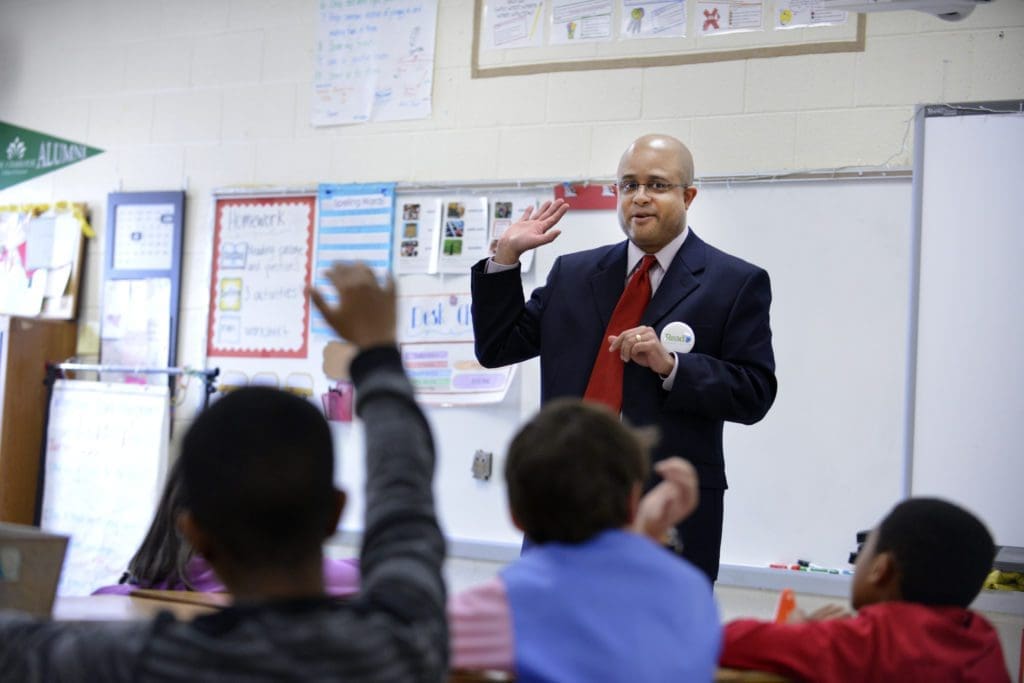“Complex problems don’t give up their secrets easily.”
I read this quote in a September 2020 article about solving difficult problems. Although this article was intended for the business world, I think it is appropriate for those of us trying to solve tough social problems as well.
People have tried to solve the reading crisis in our country for over two decades. The No Child Left Behind Act of 2001 spent billions of dollars using the very best “scientifically based reading principles” at the time to improve PreK-3 reading outcomes. Hundreds of millions more were spent by private philanthropy to find solutions to lift reading scores and close achievement gaps. By the outbreak of the pandemic, third grade reading scores were no better than they were 20 years earlier.

The global pandemic wreaked havoc on our children’s education. K-3 reading scores dropped significantly. Our schools today are managing unprecedented stresses in multiple directions. Many of our families are also under considerable stress.
Given these old and new challenges, is it realistic to believe our community can get 80% of our third graders to be College and Career Ready in reading?
Since 2015, the Read Charlotte team relentlessly worked to discover the secrets of the complex problem of early literacy. We’ve read hundreds of academic studies and reviewed dozens of interventions. We looked for what has been tried and tested, and sought to find answers others might have overlooked.
I believe we’ve begun to find some of these secrets. I particularly draw your attention to the three major models that explain:
The general process of how children learn to read.
The specific process of teaching an individual child how to read.
The first model about how children learn to read is widely known. It’s what we describe as the “science of learning to read.” But the other two models about teaching children to read are not yet widely known or used. We describe these as the “science of teaching reading.” The Read Charlotte team is focused on helping our partners turn this evidence-based knowledge into results for children.
We can’t address all of the challenges that our schools and families face today. But we can do our part by making it easier for adults to take actions proven to help children learn to read. We are working to equip the adults in children’s lives – whether in the classroom, out-of-school, or at home – with the confidence, knowledge, and resources to individualize reading instruction to meet each child’s unique needs. Our goal is high-quality, repeatable implementation that can be scaled across our community.
I’m more confident than ever that working together, we can solve the reading crisis and put our children on a path for success and opportunity.
Read Charlotte is a community initiative that unites educators, community partners, and families to improve children’s reading from birth to third grade. We don’t run programs. We are a capacity-building intermediary that supports local partners to apply evidence-based knowledge about effective reading instruction and interventions, high-quality execution, continuous improvement, and data analysis to improve reading outcomes.
Read Charlotte is a civic initiative of Foundation For The Carolinas.